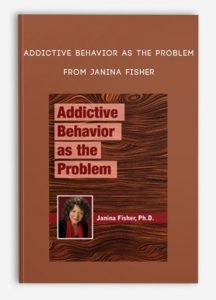 Addictive Behavior as the Problem from Janina Fisher
Addictive Behavior as the Problem from Janina Fisher
More information about Medical:
Medicine is the science and practice of establishing the diagnosis, prognosis, treatment, and prevention of disease.
Medicine encompasses a variety of health care practices evolved to maintain and restore health by the prevention and treatment of illness.
Contemporary medicine applies biomedical sciences, biomedical research, genetics, and medical technology to diagnose, treat, and prevent injury and disease,
typically through pharmaceuticals or surgery, but also through therapies as diverse as psychotherapy, external splints and traction, medical devices, biologics, and ionizing radiation, amongst others.
Medicine has been around for thousands of years, during most of which it was an art (an area of skill and knowledge) frequently having connections to the religious and
philosophical beliefs of local culture. For example, a medicine man would apply herbs and say prayers for healing, or an ancient philosopher and physician would apply bloodletting according to the theories of humorism.
In recent centuries, since the advent of modern science, most medicine has become a combination of art and science (both basic and applied, under the umbrella of medical science).
While stitching technique for sutures is an art learned through practice, the knowledge of what happens at the cellular and molecular level in the tissues being stitched arises through science.
Outline:
Introduction to co-existence of substance abuse and mental health issues within clients
- Introduction to trauma and addications in clients
- Introduction to trauma’ impact on children
Experiencing Sensorimotor Psychotherapy with trauma
- Helping Clients Reduce Their Shame
- In-depth overview of Sensorimotor Psychotherapy
Description:
It’s no secret that many therapists consider the field of addictions treatment to be dangerous foreign territory with its own special language and methods. But increasingly, therapists and substance abuse professionals alike have begun to recognize the connection between addictive behavior and traumatic life experience. In this workshop we’ll present an approach to addictive behavior that:
- Focuses on the interactive relationship between the underlying trauma symptoms and the impulse to “use” to regulate unbearable feelings and sensations
- Provides a meaning-making component that lessens shame and offers inspiration to live a “life beyond trauma”
- Integrates Sensorimotor Psychotherapy techniques that teach clients how to regulate their nervous systems, decrease anxiety, tolerate sadness and loneliness, and ground themselves both physically and emotionally
- Engages the client’s right brain through drawing, diagramming, movement and gesture, as well as utilizing traditional cognitive interventions


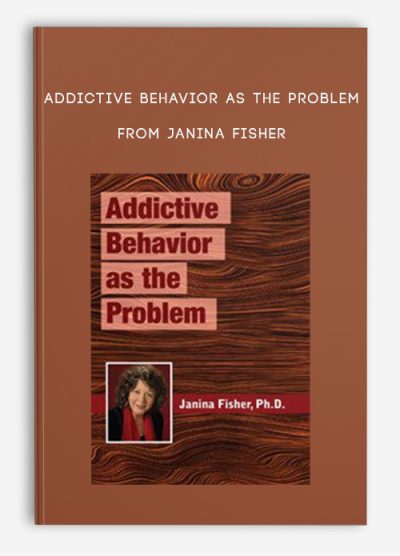

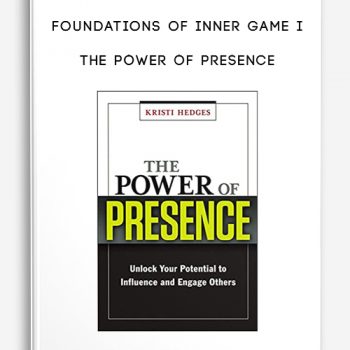

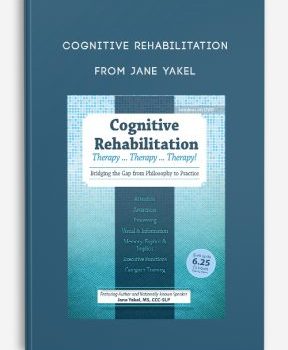

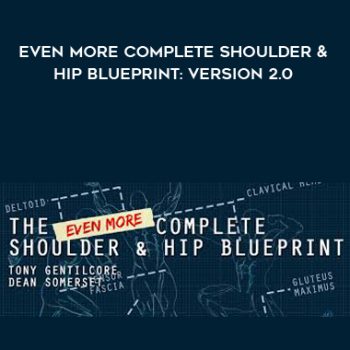
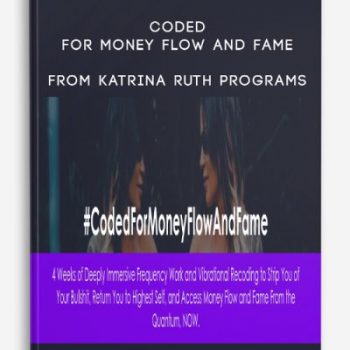
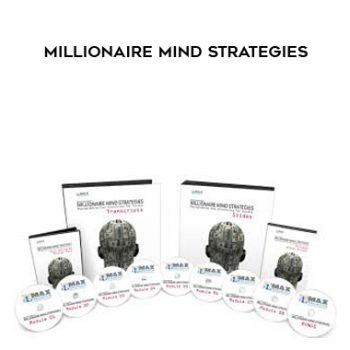
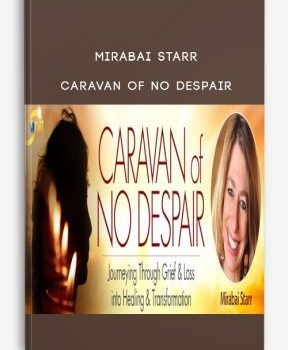
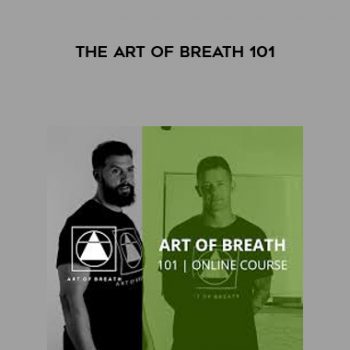
tristian –
This is Digital Download service, the course is available at Coursecui.com and Email download delivery.